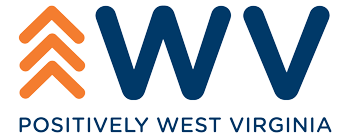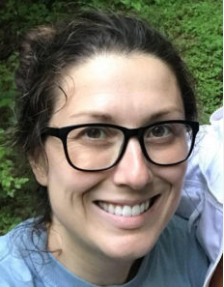Wonder Valley Farm, co-owned by Sierra Cox, is a veteran-owned agritourism business in Gandeeville, West Virginia, that concentrates on lavender, bees and forest botanicals.
Cox and her business partner traded in their uniforms for overalls when they separated from the US Navy and created Wonder Valley Farm. They envisioned bringing some of the West Coast flare they experienced while stationed in California and Washington to their start-up agritourism business in West Virginia. Through some of the amazing connections they have made in the agriculture and veteran communities, they have planted approximately 800 lavender plants, built a robust apiary and have future plans to incorporate trendy sailboat cabin accommodations for guests.
Cox, a guest on The Positively West Virginia Podcast, talked with its host, Jim Matuga, about her most challenging business moment, her advice to young entrepreneurs and her company, Wonder Valley Farm.
What was been your most challenging business moment so far?
“We are very green in agriculture, and John, the other co-owner, and I both have Navy backgrounds, so that’s been our complete experience as far as careers go,” Cox said. “So, it’s been a complete 180 shift for us, and it’s been a big learning curve for us. We have been attending as many conferences to learn, but that still didn’t prepare us for what was in store for this year.”
Sierra Cox, co-owner of Wonder Valley Farm, a veteran-owned agritourism business in Gandeeville, West Virginiao-owner, and I both have Navy backgrounds, so that’s been our complete experience as far as careers go,” Cox said. “So, it’s been a complete 180 shift for us, and it’s been a big learning curve for us. We have been attending as many conferences to learn, but that still didn’t prepare us for what was in store for this year.”
“We had ordered several thousands plants from a wholesale grower from out of Washington state, and between our equipment difficulties and the terrain, from the sheer volume of plants we received, we lost several hundred because we weren’t able to get them in the field in time. That was a huge disappointment for us. We thought we had prepared properly and that we were ready for this.”
“But, from the plants we did get in, we got about 800, they are doing wonderfully. Going forward next year, we have such a better understanding of what goes into getting these plants in the ground and what we need to do going forward to be successful.”
What is one piece of advice you would give an entrepreneur?
“Being first time business owners, we immediately went to the West Virginia Small Business Development Center, and our business coach has been wonderful in helping us form our business plan, set goals and has brought us to some great opportunities.”
For anyone who doesn’t know, the West Virginia Small Business Development Center provides services and assistance to new businesses throughout the business development process including the concept, startup and growth.
When do you think you will be able to go to market?
“With our apiary, we got involved with that because we realized we can make money now with our bees. We can process the honey, and we can sell the bees,” Cox said. “For lavender, it takes three to five years for the plants to mature and for the oils to mature and be good enough to sell. We’re looking at the bees to hold us over until the lavender is mature enough to go to market.”
What is a sailboat cabin?
“On the west coast, you can stay in tree houses and these really cool things. They are always sold out. So, we thought well you can live on a sailboat. They’re self-contained, they have their own facilities on board and you can normally sleep five to 8 people on board. We said, ‘that sounds great. We’ll bring out these sail boats and completely renovate them to be land born and build decks around them so people can stay in these self-contained sail boats on our farm’,” Cox said.
When will your first sailboat cabin be installed?
“Looking outside, it is snowing, and we’re on a one-way road. We’re looking at next spring to get those sailboats out, and then by next summer or fall, we’ll be able to accomodate,” Cox said.
Cox was a guest on The Positively West Virginia Podcast. Listen to her full podcast here.
PWV QUICK BITS
- RECOMMENDED RESOURCE: Google Calendar.
- RECOMMENDED BOOK: Alice’s Adventures in Wonderland by Lewis Carroll
- PERSON COX WOULD LIKE TO MEET: To meet people who are interested in coming to the farm.


